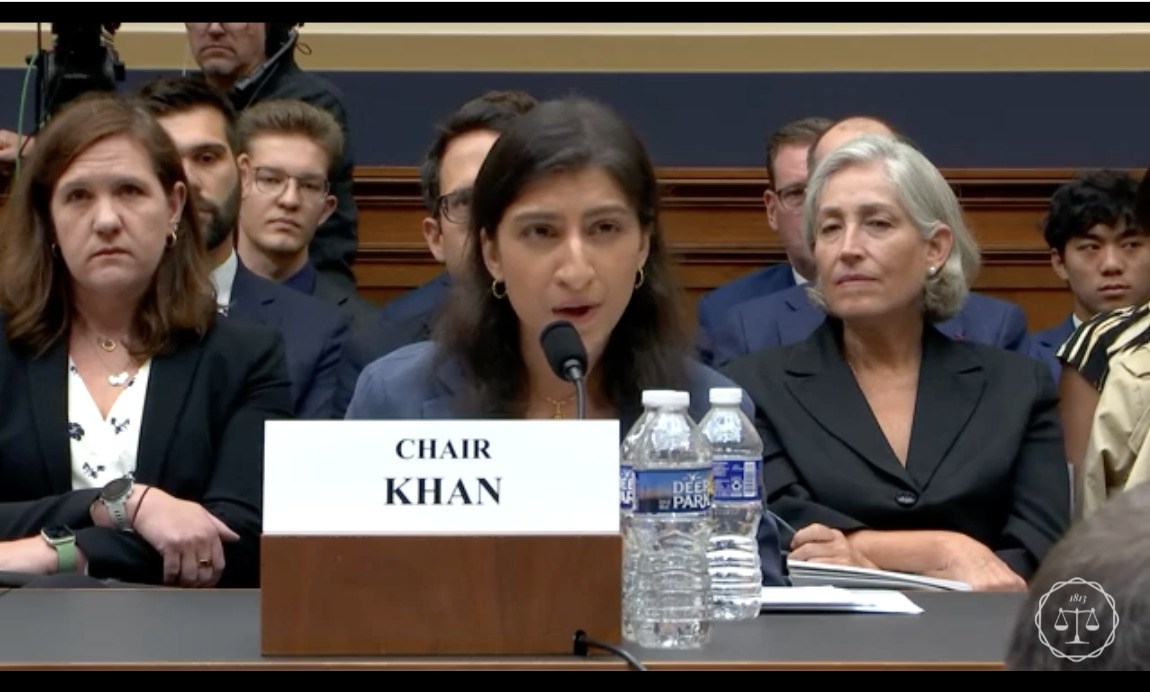How Trade Secrets Foster Collaboration and Sharing
National Science Foundation research shows that many R&D-oriented companies believe that trade secrets are more important than patents and copyrights. How did this happen, and why are trade secrets growing in importance?
Bruce Berman, host of the “Understanding IP Matters” podcast, sought out trade secrets expert Jim Pooley to find out why.
Pooley is the world’s foremost expert on trade secrets, a mysterious area of the law that has been the focus of employer disputes. A successful Silicon Valley trial lawyer, Pooley served for five years as Deputy Director General of the World Intellectual Property Organization (WIPO) in Geneva, Switzerland. His commentary pieces on the controversial COVID vaccine patent waiver and other topics have appeared in The Wall Street Journal and The Financial Times, and he is a regular contributor on IPWatchdog.
In the first episode of the second season of “Understanding IP Matters,” Berman interviews Pooley about the value trade secrets have, touching on how they intersect with and differ from patents. They explore what creators, employees and businesses need to know about trade secrets to compete.
What are trade secrets?
“Basically, anything you don’t want the competition to know — and that’s because they’re information assets that are the kinds of things that drive businesses these days. We’ve all heard many times about how the asset base of modern corporations has shifted to the intangible over the last generation.
Those intangible assets are mostly about data — they’re increasingly about data. Even companies that never dreamed that they would be focused on something as flimsy as data assets, instead of railroad cars and buildings, find that their value primarily and in some cases, their competitive survival, depends on keeping control over the information that gives them a competitive edge. And that’s what trade secrets are all about.”
What is an example of a trade secret?
“There’s a lot of trade secret information that finds itself part of process technology. You know, just tweaking some things so that they work a little bit better. We refer to that generally as ‘know-how’ and it fills a lot of the trade secret space. Know-how is a type of trade secret that is sometimes more challenging to make explicit than say, a formula or an algorithm.”
You can’t really license a trade secret, can you?
“Yes, you can license a trade secret. You just need to do it in a way that allows you to keep control over it, because you’ve put limitations on what the licensee can do with it.”
How do trade secrets — which, due to their very nature, are not disclosed publicly — actually encourage and not deter innovation?
“This is one of those things that is counterintuitive, but really deeply important and true. Allowing companies to control access to their information with enforceable relationships of confidentiality actually leads to more dissemination of knowledge. Otherwise, companies would hoard the data that they have and wouldn’t share it because they’d be too nervous.”
If a system that enforces promises of confidentiality did not exist, worldwide collaborations and other sharing wouldn’t happen, Pooley says.
Pfizer’s COVID vaccine may be covered by a patent, which is public record, but the knowledge of how to produce the vaccine reliably or build a manufacturing plant is likely held as a trade secret, correct?
“All of those manufacturing steps consist of the know-how that you have to have in order to produce a successful vaccine that can be transported and stored and so forth. These steps are complicated.
Usually, when there is a voluntary transfer of this kind of information from one company to another, it can take months. People who are important to the production at the first company have to, basically, move to the other for a while to help people understand how to turn the knobs and all the little tricks that are needed in order to get through these hundreds of steps to make a vaccine….
That’s why it was such a frustrating experience to see the diplomats get together and assume that, oh, we’ll just force people to move that information from one place to another. It just doesn’t work that way….
The difficult conversation revolves around the fact that trade secrets are private property and governments can control patents. They don’t as easily control trade secrets.”
Why do companies that have very sophisticated systems for managing their trademark and patent portfolios have little to nothing in regard to trade secrets?
“For patent lawyers, the whole area of trade secrets seem very mysterious. Unlike the other forms of intellectual property, they haven’t been historically defined by federal statutes. They don’t have bright edges and clear lines. It’s all very fuzzy and depends on state law. You end up having to go to state court to enforce them, or at least you used to.”
*****
Listen to the full episode to learn why insiders, and not hackers nor malicious employees, are most often responsible for the loss of trade secrets; the value of negative know-how and how it can be monetized; how trade secrets disagreements resemble divorce cases; and best practices for employees and employers in regards to managing trade secrets.
Madeleine Key
Madeleine Key has been writing about intellectual property, inventing, and entrepreneurship for more than 15 years. As a ghostwriter, her work has appeared online in The New York Times, TIME, […see more]






